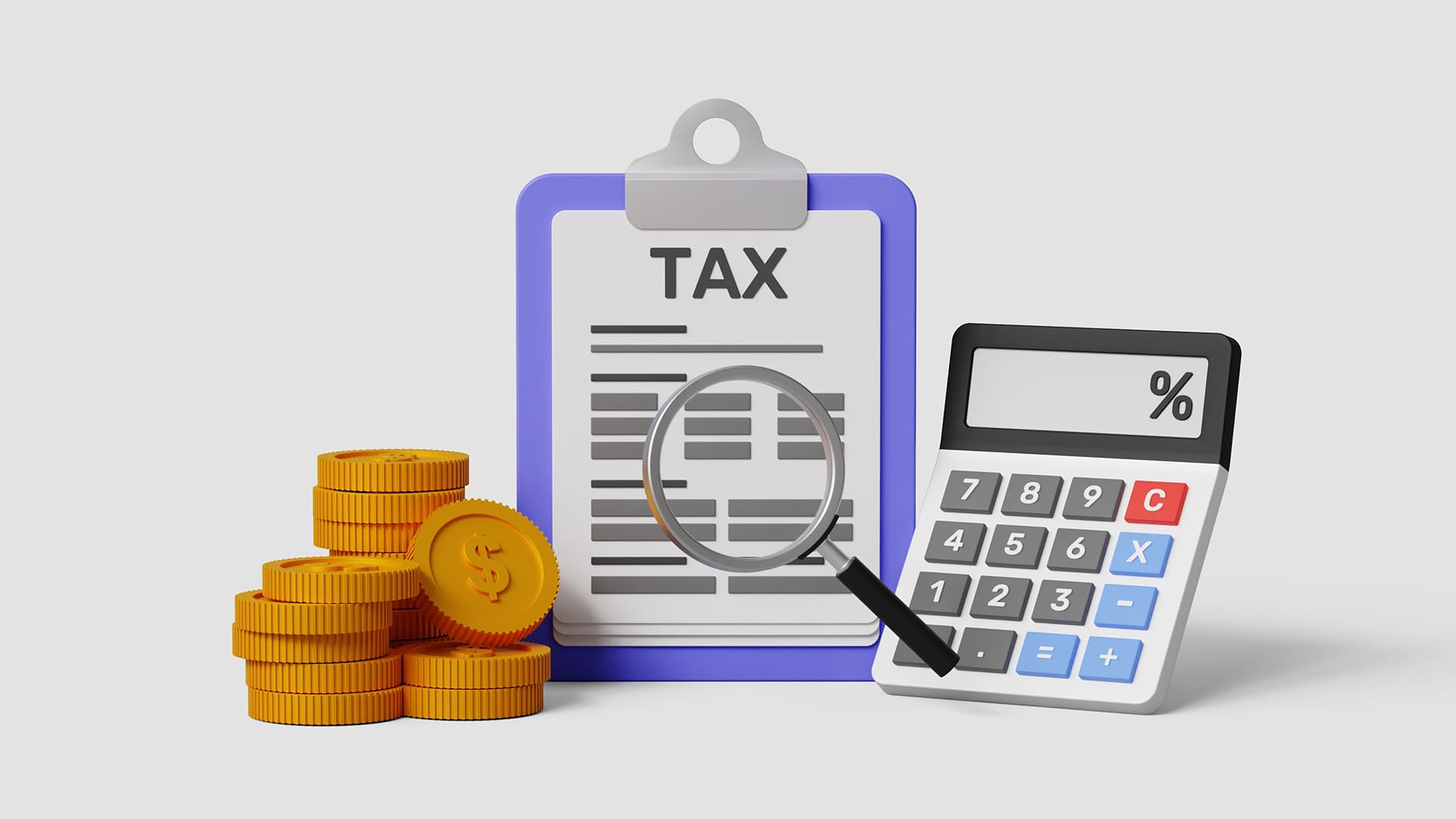
Posted on: 25th December 2024
An Overview of Taxation for Individuals and Businesses in KSA
Saudi Arabia has transformed its economic landscape in recent years, all thanks to its Vision 2030 initiative.
This ambitious plan is aimed at diversifying the economy and reducing dependence on oil revenue. As part of this modernisation, the Kingdom’s taxation system has evolved, making it essential for both individuals and businesses to understand their obligations.
Whether you’re an expatriate working in the Kingdom or a company operating here, having a clear grasp of taxation in Saudi Arabia is vital. Let’s dive into the details in a straightforward and friendly way.
Taxation for Individuals
When it comes to personal taxes, Saudi Arabia stands out on the global stage. Here’s why:
Personal Income Tax
One of the key reasons expatriates find Saudi Arabia attractive is the absence of personal income tax on salaries and wages. That’s right – whether you’re a Saudi national or an expatriate, your earned income isn’t taxed.
This tax-free policy allows workers to enjoy their full salaries, making the Kingdom a lucrative destination for talent from around the world.
Zakat for Individuals
While personal income is not taxed, Saudi and GCC nationals are subject to Zakat .
Zakat is an Islamic obligation that requires individuals to give 2.5% of their net worth to charity or religious purposes annually.
It’s a cornerstone of Islamic finance and is administered under the Zakat, Tax and Customs Authority (ZATCA).
Value-Added Tax (VAT)
Even though there’s no personal income tax, VAT applies to most goods and services at a standard rate of 15%.
Introduced in 2018 and increased in 2020, VAT ensures that consumers contribute indirectly to the country’s economic development. While it’s not a direct tax, it does influence the prices you pay at the checkout.
Taxation for Businesses
Businesses in Saudi Arabia operate within a structured and evolving tax framework.
Whether you’re a local company or an international organisation, understanding the corporate tax environment is essential.
Corporate Income Tax (CIT)
Foreign-owned companies in Saudi Arabia are subject to a 20% corporate income tax on their taxable profits.
On the other hand, businesses owned by Saudi or GCC nationals pay Zakat instead of corporate income tax. This dual approach aligns with the Kingdom’s principles and economic goals.
Withholding Tax (WHT)
For businesses working with non-resident service providers, withholding tax comes into play.
Payments made to non-residents are taxed at rates that vary depending on the nature of the payment. For instance, dividends and interest are taxed at 5%, while royalties attract a higher rate of 15%.
Value-Added Tax (VAT)
Businesses also play a significant role in VAT collection.
If your company’s annual turnover exceeds the specified threshold, you’re required to register for VAT. Once registered, businesses must collect VAT on taxable supplies and remit it to ZATCA.
While this adds a layer of responsibility, it’s a vital aspect of supporting the nation’s economy.
Excise Tax
Excise tax applies to goods that are considered harmful to public health, such as tobacco products, sugary drinks, and energy drinks.
The rates vary based on the product category. For example, soft drinks may be taxed at 50%, while tobacco products face a hefty 100% excise tax.
Tax Administration and Compliance
The Zakat, Tax and Customs Authority (ZATCA) is the regulatory body overseeing taxation in Saudi Arabia. Here are some key things to know:
ZATCA’s Role
ZATCA is responsible for collecting taxes, ensuring compliance, and implementing new tax initiatives.
For businesses, this means adhering to regulations, filing tax returns on time, and staying up to date with any changes.
Tax Filing Deadlines
Businesses must file their corporate tax returns within 120 days of the end of their financial year. Missing deadlines can result in penalties, so it’s crucial to stay on top of these requirements.
E-Invoicing (Fatoora)
To enhance transparency and reduce fraud, Saudi Arabia has introduced electronic invoicing, known as Fatoora .
Businesses are required to issue and store invoices electronically in a prescribed format. This digital transformation is a big step towards a modern and efficient tax system.
Recent Developments in Saudi Taxation
Saudi Arabia’s tax system is evolving rapidly, with some notable recent changes:
VAT Rate Increase
In 2020, the Kingdom increased its VAT rate from 5% to 15%.
This adjustment was a response to economic challenges and aimed at bolstering government revenues. While it’s a significant hike, it reflects the nation’s commitment to economic stability.
Focus on Digital Transformation
The implementation of e-invoicing (Fatoora) is a clear sign of Saudi Arabia’s focus on leveraging technology to improve tax compliance.
By adopting digital tools, the Kingdom is making it easier for businesses to meet their tax obligations while also reducing errors and fraud.
Economic Diversification
Tax reforms are part of a broader strategy to diversify Saudi Arabia’s economy.
By reducing reliance on oil revenue and expanding the tax base, the Kingdom is laying the foundation for sustainable growth.
Key Considerations for Individuals and Businesses
Whether you’re an individual or a business owner, here are some key tips to ensure compliance:
Stay Informed:
Tax regulations can change, so it’s important to stay updated with ZATCA’s announcements.
Seek Professional Advice:
Tax laws can be complex. Working with a
can help you navigate the system effectively.
Plan Ahead:
For businesses, proper tax planning ensures that you meet your obligations without unnecessary surprises.
Conclusion
Saudi Arabia’s tax system is unique, reflecting its culture, economic goals, and commitment to modernisation.
While individuals benefit from no personal income tax, businesses face structured obligations to support the Kingdom’s growth.
By understanding these rules and staying compliant, you can contribute to and thrive within Saudi Arabia’s dynamic economic landscape. Here’s to a prosperous future in the Kingdom!
Need professional financial advice?
We have 18 offices across the globe and we manage over $2billion for our 20,000+ clients